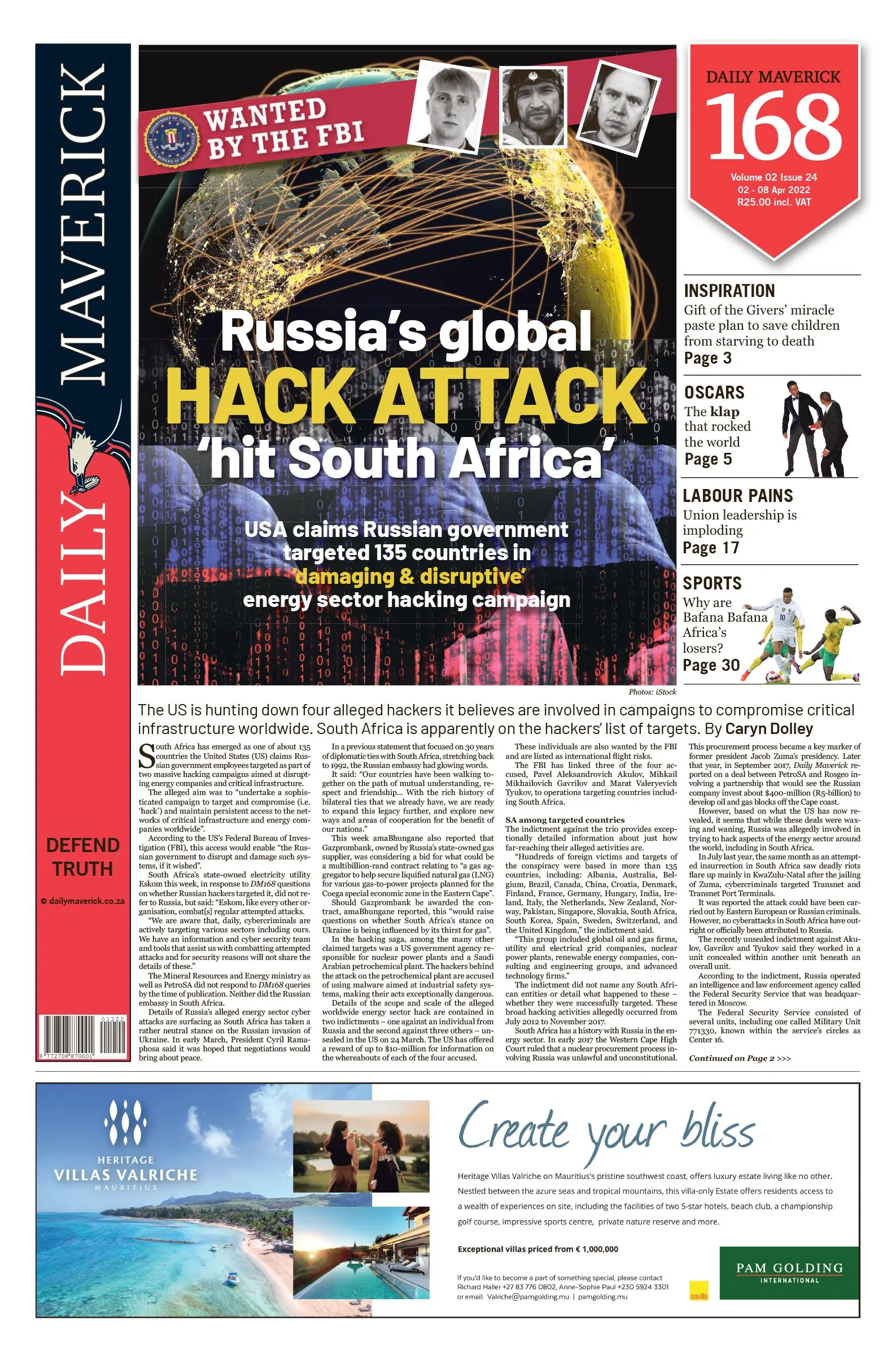Thursday, 31 March was Transgender Day of Visibility and also marked the last day of Human Rights Month. LGBTQIA+ rights organisation Iranti, WITS RHI and Home Affairs embarked on an initiative to help transgender persons access medical letters for gender markers and name changes in order to record these on their IDs. According to Iranti, transgender people face impediments and discrimination when trying to access healthcare, travel, jobs, voting and many other services as a result of their chosen gender not being legally recognised. All things that are taken for granted by those not of the LGBTQIA+ community.
My first in-person encounter with a transgender person who was transitioning from a man to a woman was in 2001 as a wide-eyed and bushy-tailed 19-year-old eager to get stuck into her internship. I had known about transgender people and held the opinion that people had the right to choose who they wanted to be and what they most identified with. Interacting with the woman at work, I learnt that she had recently started her transition. She had been married with children and had subsequently divorced when she came out as transgender to her wife.
Most people in the office were supportive but would on occasion still refer to her by the male name they had known her by over the years.
People who were unfamiliar with her would stare quizzically and whisper questioningly.
At the time we were only seven years into our democracy and only five years into our new Constitution, so the notions of equal rights for all and the right to not be discriminated against based on gender as guaranteed in Section 9 were still new. The country was still in its adjustment phase. The Promotion of Equality and Prevention of Unfair Discrimination Act 4 of 2000 (“the Equality Act”) is meant to safeguard this.
However, it has never been my experience that being transgender was ever generally accepted in broader society. Transgender people continue to experience discrimination, ridicule and erasure despite their constitutionally guaranteed human rights. For the most part this happens when they openly express their gender identity – which may not conform to society’s accepted gender binary that states that only male or female genders exist and the markers used for this are the sexual organs a person is born with.
This has made me reflect on the physical and psychological violence often meted out to transgender people and the cruelty of delegitimising a person’s identity – which strips them of the autonomy they should have over themselves.
This was evidenced in the 2011 report that Human Rights Watch published, titled “We’ll show you, you’re a woman”. This report revealed the atrocities that trans and lesbian people endure in the pursuit of living their lives in a manner aligned with who they are.
More recently, in January 2021, Human Rights Watch sent a letter to the deputy minister of justice, decrying the deaths of 20 people who were killed in South Africa between February and October 2021 as a result of their gender identity and/or sexual orientation.
Following this letter, a census was run in February. Transgender and intersex people were not included because the Statistics South Africa questionnaire only included male and female options. When questioned about this, acting director Nozipho Tshabala said: “The sex question refers to the biological make-up of a person or the sex that is assigned at birth.”
Tshabalala said the reason the questionnaire excluded those who identified as part of the LGBTQIA community was because of the “complexity” of asking and recording people’s gender and sexual identities.
One can only then construe that the state is not fully committed to ensuring that the rights of everyone who lives in South Africa are affirmed and protected and also that societal attitudes are not aligned with the aspirations of the Constitution. It is one thing to be guaranteed rights on paper, but another when it comes to accessing those rights. Legislation alone cannot guarantee a culture of human rights.
It boggles the mind that in 2022 there is still uncertainty about how the state can ensure our society is inclusive and that it does not take into account the obligations that intersectionality places upon it. People are being killed because of their identity. This is something that we all need to rebuke and work to ensure that we confront our own prejudices when interacting with transgender people. After all, the defeat of apartheid in favour of democracy was premised on the value of all lives. DM168
This story first appeared in our weekly Daily Maverick 168 newspaper which is available for R25 at Pick n Pay, Exclusive Books and airport bookstores. For your nearest stockist, please click here.

[hearken id=”daily-maverick/9303″]

















Zukiswa, you refer to “intersectionality” as follows:
“It boggles the mind that in 2022 there is still uncertainty about how the state can ensure our society is inclusive and that it does not take into account the obligations that intersectionality places upon it.”
…yet you don’t define what you mean by that word “intersectionality”. Please define what you mean, as it is not a legal term, and does not appear anywhere within our constitution AFAIK.
How do you then make the step to assert that the constitution has obligations to this intersectionality, given that it is not referred to in that document AFAIK.
Finally, what exactly do you think is missing in terms of human rights protection that isn’t already covered in the constitution?
Thank you